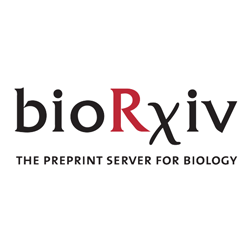 The aim of this study is to evaluate if the sweat produced by COVID-19 persons (SARS-CoV-2 PCR positive) has a different odour for trained detection dogs than the sweat produced by non COVID-19 persons. The study was conducted on 3 sites, following the same protocol procedures, and involved a total of 18 dogs. A total of 198 armpits sweat samples were obtained from different hospitals. For each involved dog, the acquisition of the specific odour of COVID-19 sweat samples required from one to four hours, with an amount of positive samples sniffing ranging from four to ten. For this proof of concept, we kept 8 dogs of the initial group (explosive detection dogs and colon cancer detection dogs), who performed a total of 368 trials, and will include the other dogs in our future studies as their adaptation to samples scenting takes more time.
The aim of this study is to evaluate if the sweat produced by COVID-19 persons (SARS-CoV-2 PCR positive) has a different odour for trained detection dogs than the sweat produced by non COVID-19 persons. The study was conducted on 3 sites, following the same protocol procedures, and involved a total of 18 dogs. A total of 198 armpits sweat samples were obtained from different hospitals. For each involved dog, the acquisition of the specific odour of COVID-19 sweat samples required from one to four hours, with an amount of positive samples sniffing ranging from four to ten. For this proof of concept, we kept 8 dogs of the initial group (explosive detection dogs and colon cancer detection dogs), who performed a total of 368 trials, and will include the other dogs in our future studies as their adaptation to samples scenting takes more time.
The percentages of success of the dogs to find the positive sample in a line containing several other negative samples or mocks (2 to 6) were 100p100 for 4 dogs, and respectively 83p100, 84p100, 90p100 and 94p100 for the others, all significantly different from the percentage of success that would be obtained by chance alone.
We conclude that there is a very high evidence that the armpits sweat odour of COVID-19+ persons is different, and that dogs can detect a person infected by the SARS-CoV-2 virus.
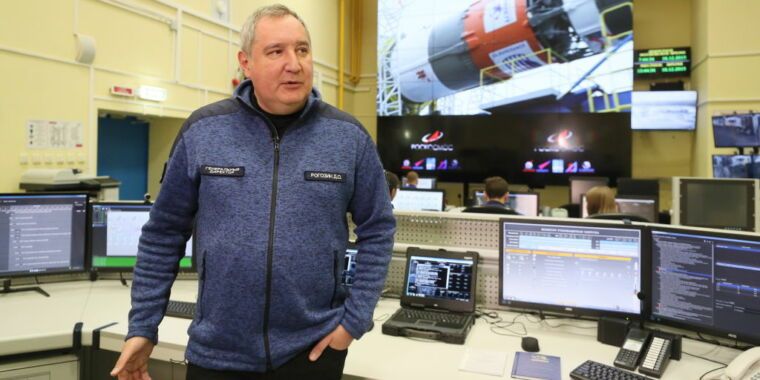
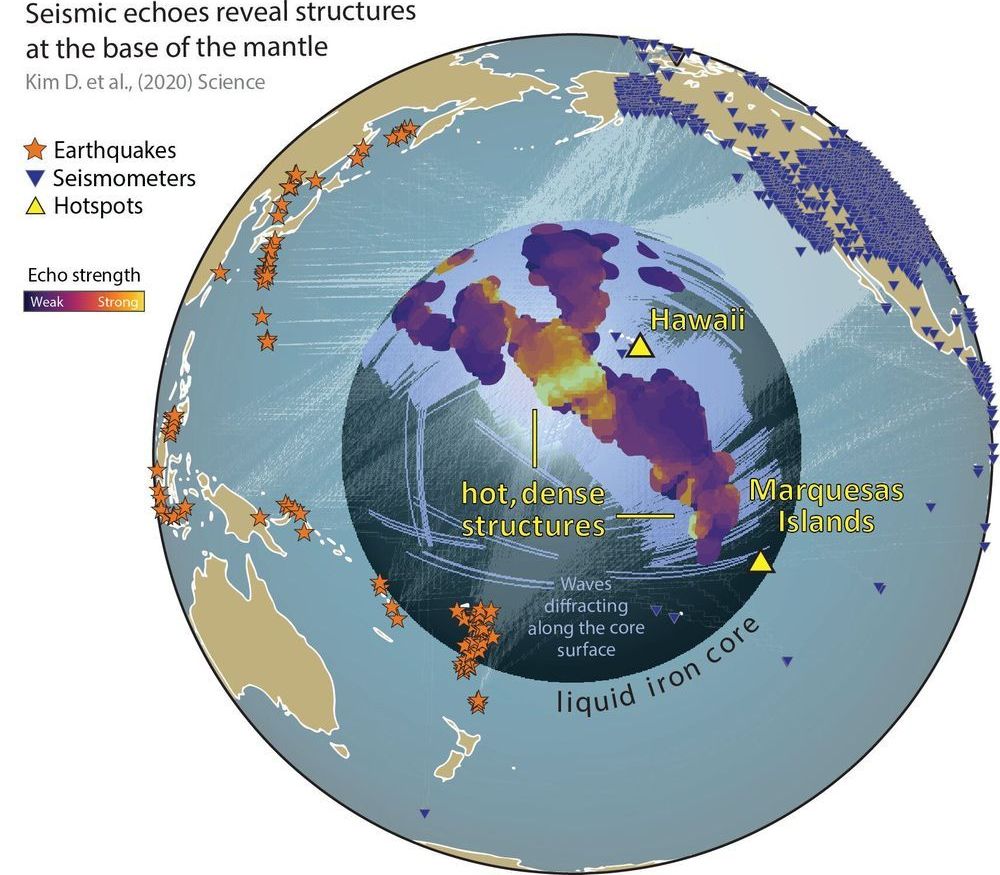
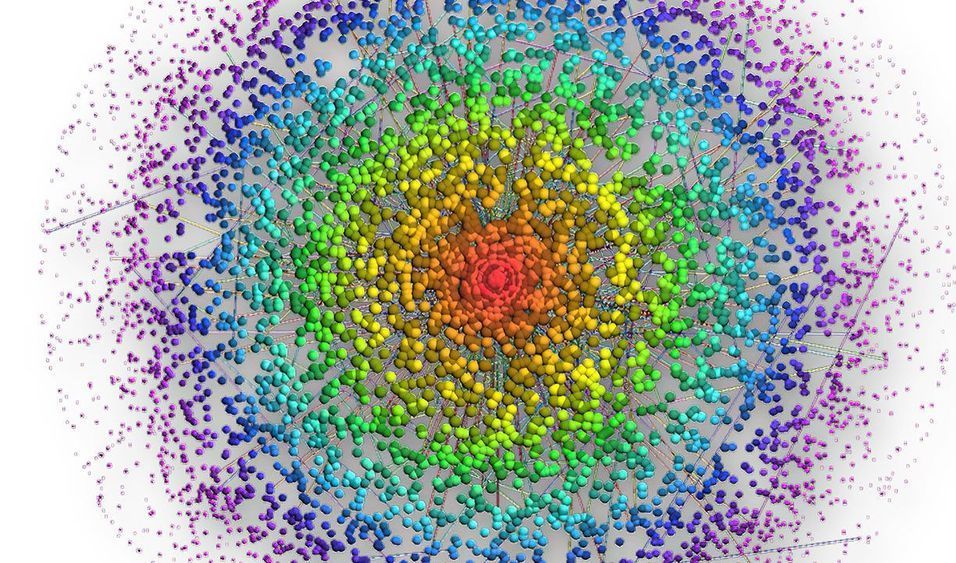
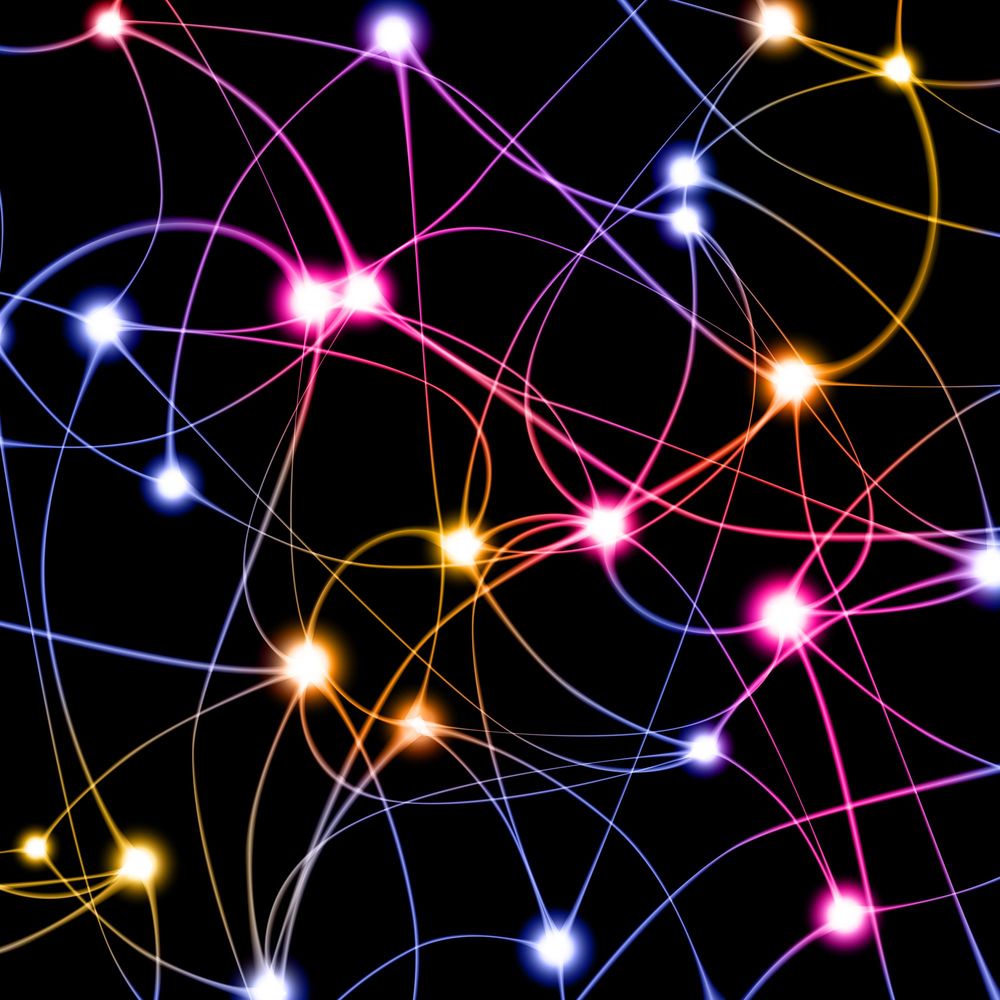

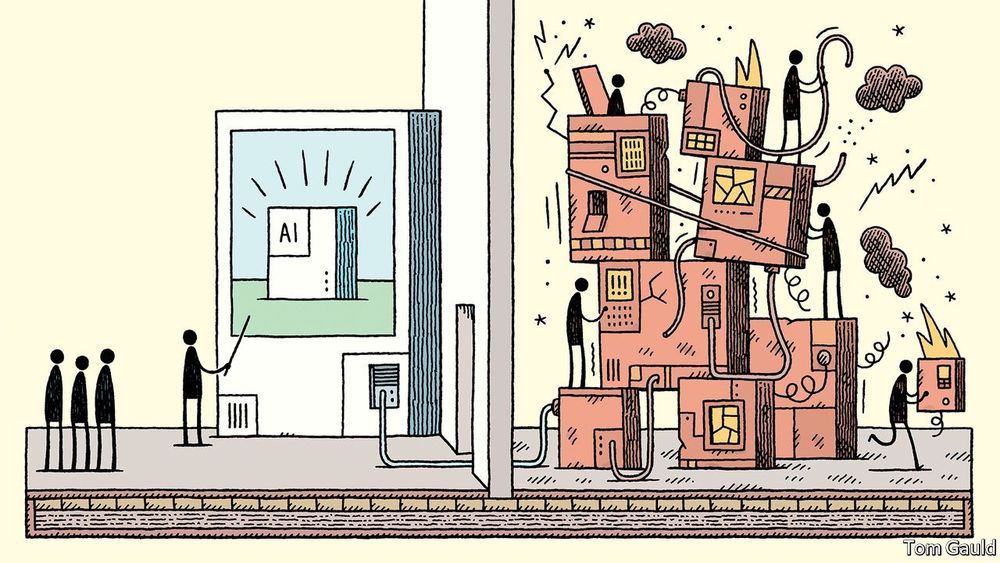
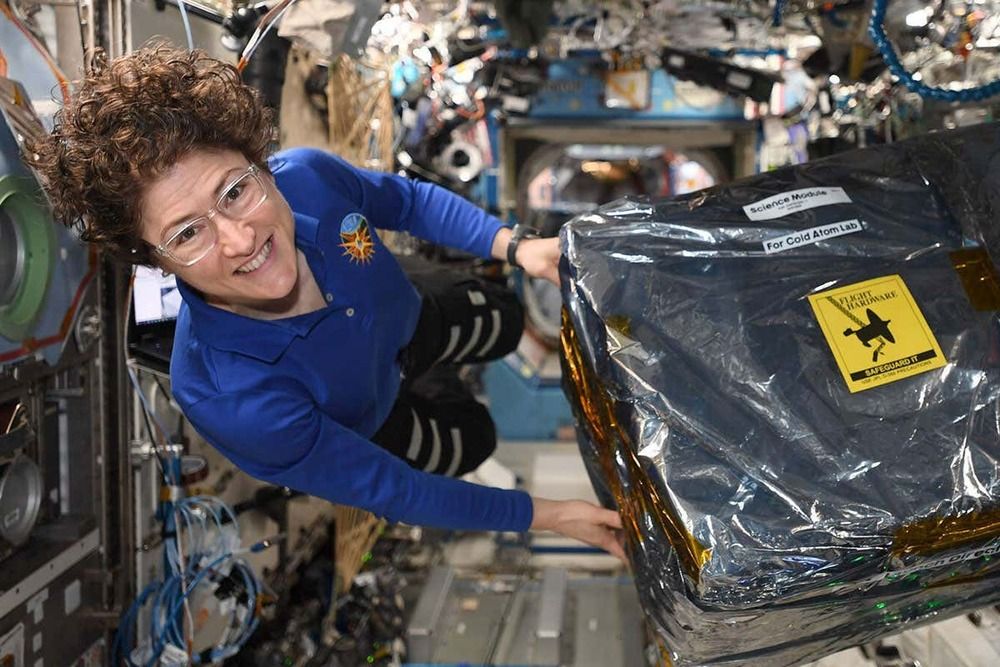
 The aim of this study is to evaluate if the sweat produced by COVID-19 persons (SARS-CoV-2 PCR positive) has a different odour for trained detection dogs than the sweat produced by non COVID-19 persons. The study was conducted on 3 sites, following the same protocol procedures, and involved a total of 18 dogs. A total of 198 armpits sweat samples were obtained from different hospitals. For each involved dog, the acquisition of the specific odour of COVID-19 sweat samples required from one to four hours, with an amount of positive samples sniffing ranging from four to ten. For this proof of concept, we kept 8 dogs of the initial group (explosive detection dogs and colon cancer detection dogs), who performed a total of 368 trials, and will include the other dogs in our future studies as their adaptation to samples scenting takes more time.
The aim of this study is to evaluate if the sweat produced by COVID-19 persons (SARS-CoV-2 PCR positive) has a different odour for trained detection dogs than the sweat produced by non COVID-19 persons. The study was conducted on 3 sites, following the same protocol procedures, and involved a total of 18 dogs. A total of 198 armpits sweat samples were obtained from different hospitals. For each involved dog, the acquisition of the specific odour of COVID-19 sweat samples required from one to four hours, with an amount of positive samples sniffing ranging from four to ten. For this proof of concept, we kept 8 dogs of the initial group (explosive detection dogs and colon cancer detection dogs), who performed a total of 368 trials, and will include the other dogs in our future studies as their adaptation to samples scenting takes more time.









